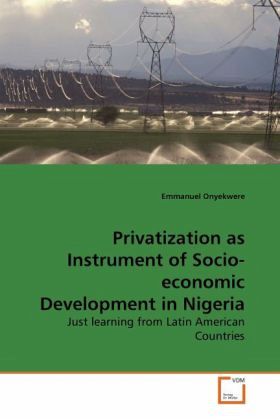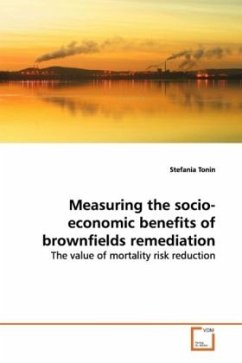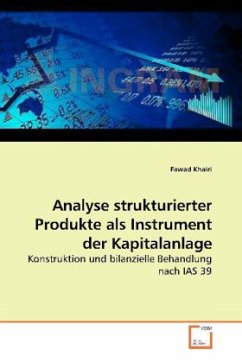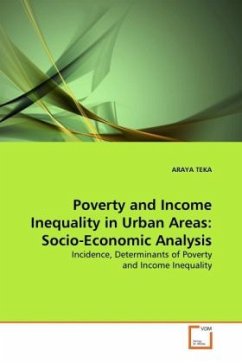
Privatization as Instrument of Socio-economic Development in Nigeria
Just learning from Latin American Countries
Versandkostenfrei!
Versandfertig in 6-10 Tagen
52,99 €
inkl. MwSt.

PAYBACK Punkte
26 °P sammeln!
The widening gap in availability of basic services, and the endemic poverty meaning that 70 percent of Nigerians are subsisting on less than $1 a day provided impetus for this book. It came time to cast around to see what others did, when they did, what conditions were right, and how they did it in order to provide basic services and to improve living conditions. The concept of privatization is not most appealing to Nigerians. Most were brought up on government run services such as power generation, rail transportation, airlines, etc., that worked. Convincing Nigerians to do otherwise requires...
The widening gap in availability of basic services, and the endemic poverty meaning that 70 percent of Nigerians are subsisting on less than $1 a day provided impetus for this book. It came time to cast around to see what others did, when they did, what conditions were right, and how they did it in order to provide basic services and to improve living conditions. The concept of privatization is not most appealing to Nigerians. Most were brought up on government run services such as power generation, rail transportation, airlines, etc., that worked. Convincing Nigerians to do otherwise requires some hard facts. Today, government run services have become avenues of waste and unproductive spending. This book argues that state owned enterprises were used to fill gaps in services at a time when entrepreneurial capacity was lacking in Nigeria. To the extent that those conditions are no longer true, the book dispels negative sentiments on privatization by using economic data from Brazilto show that much progress was made to GDP post privatization than pre privatization. Nigeria can benchmark the Brazilian model to achieve sufficiency in power generation and transmission.












